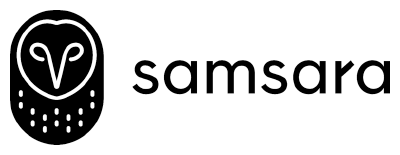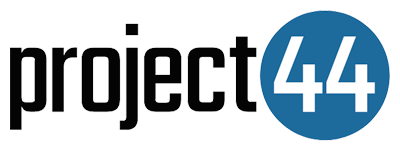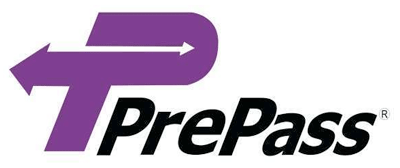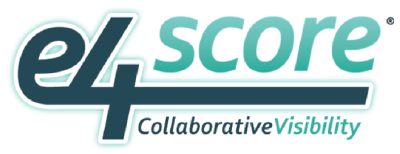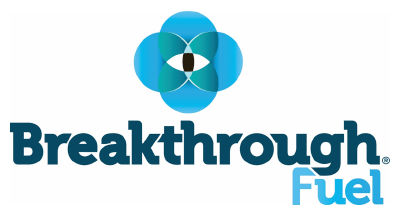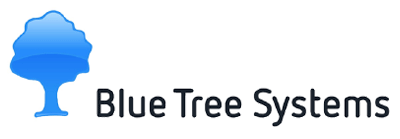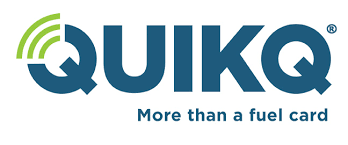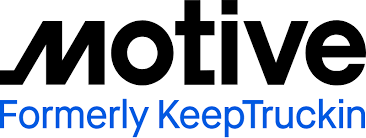Ditat offers streamlined transition, customer support for nuanced business needs
Article by Jenny Glasscock, Freightwaves
Logistics is a diverse industry, and the businesses within it have unique operational needs that are only becoming more complicated because of the ever-shifting transportation market.
A logistics business entrusts a lot to its transportation management system. Many of its core business processes and data are entrenched in one system and the flexibility of its operations often depends on the program it uses.
A TMS becomes a partner to the business as it’s used to overcome problems in workflows and elevate business efficiency. The foundation of this partnership begins to shake, however, when users have no one reliable to turn to as they’re learning the program or when questions arise down the road.
Partnering with a TMS platform powered by dependable and knowledgeable experts is paramount for success not only during the implementation but the duration of the business partnership.
Before implementing Ditat, Sean Mosher, president of Maverick Logistics, experienced limited transparency with drivers due to the efficiency constraints of previous technology. He sought a solution that would allow him to provide real-time settlement information to drivers.
At the recommendation of another customer, he decided to go with Ditat — a flexible, web-based TMS solution serving carriers and brokers in the transportation industry.
Maverick Logistics is one of the largest frac sand last-mile logistics carriers in west and south Texas, so Mosher needed a TMS partner that was nimble enough to accommodate his business needs while also offering a straightforward transition with strong customer support.
Mosher found the switch to Ditat was quicker and simpler than he expected. His company completed the transition in just a few weeks.
“One of the things I despise most is the implementation of new technology,” Mosher said. “I love technology if it functions correctly but developers always tell you what you want to hear, and then when you get knee-deep into it, it’s very confusing and … very hard to learn. It was actually quite the opposite with this product. I was very surprised at how easily we transitioned over.”
Each new Ditat customer is paired with one support team member who works with the account from the beginning and beyond. Each support team member trains the users step by step and learns the individual business needs. As time goes on, the customer can return to the same Ditat team member for assistance.
“I don’t know if I ever called [Ditat’s support team] and no one answered the phone. That was from day one all the way through,” Mosher said.
As teams grow, more people need TMS access to do their jobs. Unlimited user access and web-based access, like Ditat offers, provide companies room for growth. But it also means more people need to learn how to use the system. Employees are able to access Ditat training material from their company’s training sessions to refer back to as they learn.
“[We had] one-on-one sessions where we actually went through and learned hands-on how to set up the product ourselves. We also had the videos from our own private sessions that we could go back and fall back on and we still have access to those today,” Mosher said.
Users are able to learn on their own terms, so no matter their level of technical expertise they are able to train at their own pace. They have access to the system before it goes live with their account to get a feel for it before inputting any of their data.
“We pride ourselves in the way we implement it. … We don’t want somebody to implement it in two or three weeks unless they have the capacity to do that,” Eric Williams, director of sales at Ditat, said.
Ditat’s customer support team, made up of individuals with industry and application expertise, listens to customer requests and takes that feedback to developers for ideas they can actualize in future updates.
“I would say out of the four or five top requests that I’ve made, I’ve seen at least three of them over the past two years,” Mosher said.
At the same time, customer support staff provide honest answers without overpromising and under delivering.
“They’re trying to give people real solutions and be honest with them. Sometimes those are tough conversations to have, but that’s the way they’re trained. Our guys are just incredible at that,” Williams said.
« Back to Blog


